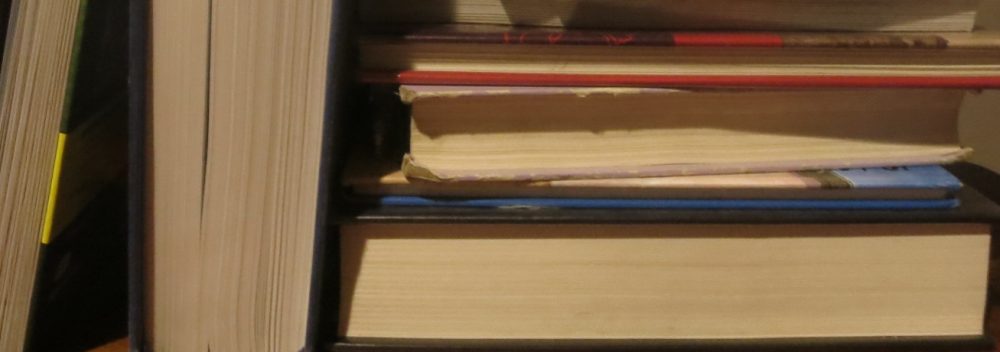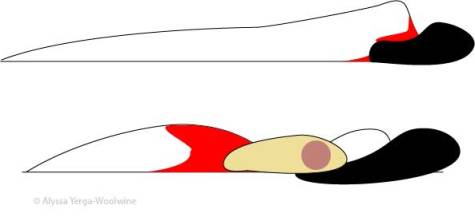Spoiler Alerts
Ever show up ten minutes late and pretend you know what’s going on because you’re too embarrassed to ask? That’s how the beginning of Indian Camp feels. Everyone knows who Nick, his dad and Uncle George are. Everyone understands their connection to the Indian Camp. Everyone but me.
Nick’s father, who I’m calling Dr. Adams, journeys to the Indian Camp to help a woman deliver a breech pregnancy. He takes Nick, excited to show him the miracle of life and birth. Nick’s uncle, George, also attends for unknown reasons. He isn’t a doctor. Curiously, he passes cigars out when they arrive. Now this may be payment for the Indians who rowed them over the lake. But, fathers passing out cigars to celebrate the birth of a baby is a tradition that also comes to mind.
So anyway… at the camp. The woman struggles and has been for a few days. And she is not struggling in silence much to the annoyance of those around her. The men of the camp wait down the road so they don’t have to hear her. Her husband attempts to sleep in the bunk above her. When Nick asks his father to give her something to stop the screaming, Dr. Adams lectures, “Her screams are not important. I don’t hear them because they are not important.” Okay, then.
After the anesthesia-free caesarean, Dr. Adams congratulates himself for completing it using a jackknife and tapered gut leaders. Because why would you bring painkillers and the proper instruments to a possible C-section?
Dr. Adams decides to check on the husband in the bunk above, possibly looking for gratitude, only to discover that the man has slit his throat sometime during the night. What should have been a lesson about life becomes a glaring example of mortality and opens the door to questions about death and suicide.
Like his other deceptively simple stories, Hemingway doesn’t walk the reader through its meaning. I imagine him tossing the finished manuscript at someone and grumbling “You figure it out.” However, I believe there is meaning in each of the few words chosen (there’s a chance this review is now longer than the story). I don’t believe he placed any images haphazardly and everything that happened in the story means something. There is a reason Dr. Adams wasn’t prepared, there is a reason dogs came running out to meet them, there is a reason the woman bit George and not any of the other men, there is a reason the man slit his throat and not his wrists. I just don’t know what they are.
These are the things that still linger in my mind after finishing the story:
I think it means something that the wife’s suffering begets life, while the husband’s suffering results in death.
I think it means something that the woman’s suffering is reluctantly acknowledged and the man’s suffering is ignored.
I think suicide was something Hemingway thought about a lot, and if more was known about it back then, perhaps things would have ended differently. Perhaps not, though.
It’s telling that the doctor is summoned to the Indian Camp specifically to deal with this and yet he comes completely unprepared.

